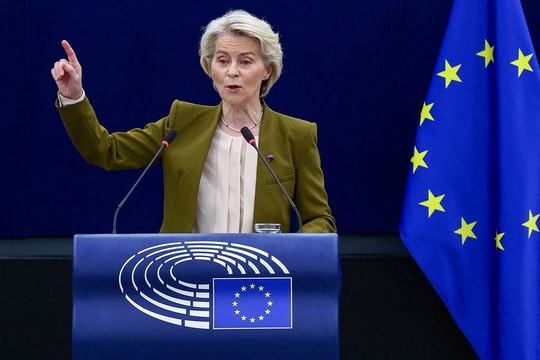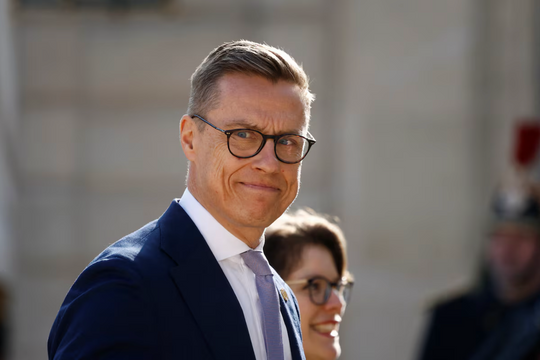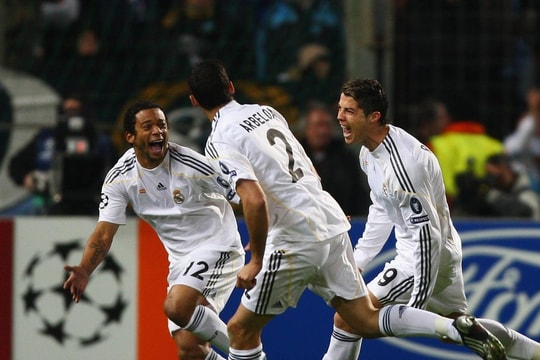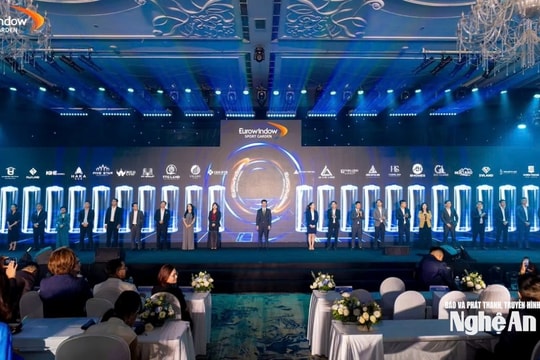European Council President pushes initiative to pave way for Ukraine to join EU
European Council President Antonio Costa is pushing ahead with an initiative to break the deadlock in Ukraine's EU accession process, despite opposition from Hungary, as European leaders prepare for a crucial summit in Copenhagen this week.
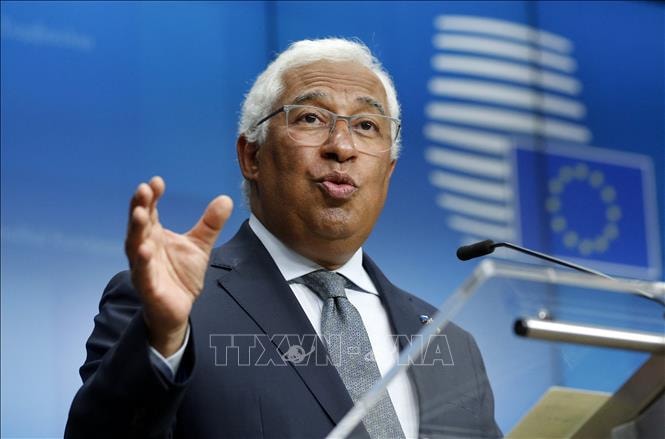
According to Politico on September 29, President of the European Council Antonio Costa has made many diplomatic contacts in European capitals to lobby for support for the proposal to adjust the decision-making mechanism in the process of admitting new members.
Currently, EU rules require unanimous consent from all 27 member states at every stage of negotiations, meaning that even one country’s objection can bring the entire process to a halt, and Hungary has repeatedly used its veto to block Ukraine’s progress.
Mr Costa’s initiative would allow “negotiation clusters” – key legal steps on the path to accession – to be approved by qualified majority, rather than unanimous consent. However, to conclude a cluster, the approval of all 27 member states would still be required. Diplomats say this would allow Ukraine and Moldova – which are being paired in the accession process – to begin implementing necessary reforms, even if they face opposition from some members.
Mr Costa used bilateral meetings on the sidelines of the 80th session of the United Nations General Assembly in New York last week to rally support for the plan among European leaders, diplomats said. “Mr Costa sees enlargement as a top geopolitical priority,” said an EU official.
This is considered the most important strategic investment the EU can make in the current period, so he wants to ensure that Ukraine's reform efforts are translated into concrete steps."
Meanwhile, EU Enlargement Commissioner Marta Kos will visit Ukraine early next week to check on the progress of the legal review – the final step before the negotiations can officially begin. “Ukraine has completed the review of the entire legal framework in record time. They are ready for the next stage. The rest depends on the decisions of the member states,” Ms. Kos said.
According to Ms. Kos, if the process is delayed, the reform momentum in Ukraine could stall, negatively affecting integration efforts. Therefore, she emphasized: “This is the time to speed up, not slow down.”
However, the biggest obstacle remains the staunch opposition from Hungarian Prime Minister Viktor Orban, who has repeatedly stated that he does not support Ukraine's accession process. This has also directly affected Moldova - a country that has accompanied Ukraine on the accession roadmap - due to the stalled negotiation process.

